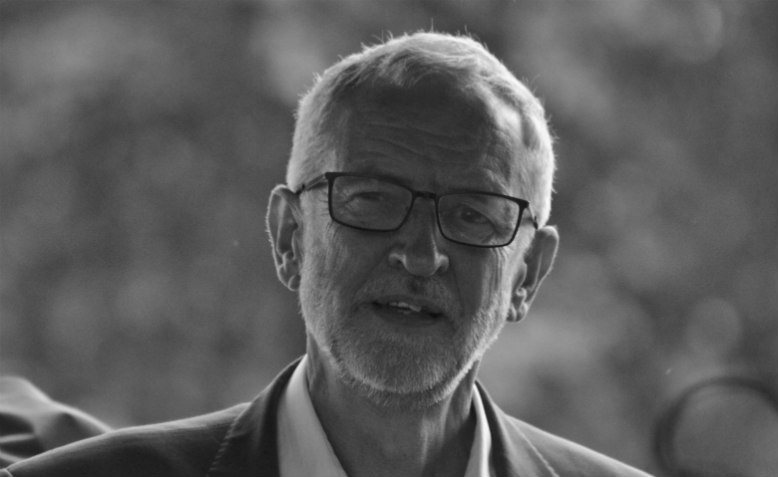 Jeremy Corbyn. Photo: Steve Eason
Jeremy Corbyn. Photo: Steve Eason
Labour’s decision to make a vote of no confidence the last resort is a retreat that keeps the Tories in power, argues Kevin Ovenden
Jo Swinson found it “very positive”. Anna Soubry, “excellent”.
The leaders of the Lib Dems and of the perpetual Change rump in parliament were delighted with the outcome of a meeting today on stopping a “no-deal Brexit” hosted by Jeremy Corbyn.
That is the man they go out of their way to slander, who they say they will not support as a stopgap prime minister to stop a chaotic Brexit, who they hope to see politically destroyed… someone who, unlike any Brexiter Tory, they regard as politically illegitimate.
That’s pretty much all you need to know to make sense of today’s meeting called by Corbyn. It’s produced a very bad retreat and signals a potentially fatal course of action.
Labour had said that it would table a vote of no confidence in Johnson’s government when parliament returns (for a short period) next week. It would push for all those who say they are against Johnson’s reckless direction to vote against the government and set a course for a general election and/or an interim administration.
Simple, clear and with some engagement for the labour movement, not left just to the whips office and MPs.
That approach was abandoned today. Now a vote of no confidence – that is seeking to bring down this hard right, Tory government – is to be a last resort, with the emphasis instead upon some imagined parliamentary manoeuvre to stop a no-deal exit while keeping this government in place.
Stopping the fall of this government leading to a general election has been the position Swinson and Soubry have proclaimed on all occasions. No wonder they are pleased today – for that, not stopping a bosses’ Brexit, is their primary aim.
They are united with Boris Johnson and Nigel Farage in their determination to prevent a transformative Corbyn-led government.
Today Labour let them all off the hook. The justification will doubtless be that Labour must try to lead both an opposition to No Deal and to force a change of government.
The problem with that is that those are not the same thing, so there is a matter of priority. Today Labour reversed its priority – from aiming to force a change of government to allowing Swinson, Soubry and Kenneth Clarke to set the pace of parliamentary tactics that are not aimed at bringing down the government.
At the end of summer and with crescendoing crisis to 31 October – the Labour leadership has turned to (someone else’s) parliamentary manoeuvres and not to extra-parliamentary mobilisation and its own insurgency in the Commons.
For if Labour is serious, then that’s what’s called for. The Shadow Attorney General says of Johnson considering suspending parliament: “It is the gravest abuse of power and attack upon UK Constitutional principle in living memory.”
That was in the communiqué from today’s meeting. So what are you going to do about such a “gravest abuse of power”?
Get a learned opinion from Dominic Grieve? Find out from Kenneth Clarke what his price is?
Or be true to what you say and instead begin a massive agitation to topple Johnson, invoking class and democratic grounds? If there is the threat of “a coup”, then isn’t the true response that of the mass, democratic counter-coup – on the streets?
But you can’t launch such an insurgency if you are tied to Establishment flunkies. It’s not genuine. And people spot that.
The parliamentary games are likely to fail. Perhaps some in the Labour leadership know that and are indulging this only then to seize on the failure to change (back) tack. Not clever. It’s too clever by half, if that is the thinking.
The biggest reason is this. You cannot treat the hundreds of thousands of activists at the base of the labour movement like automatons.
Many of them have spent weeks arguing, against noises off, that their party leadership was pushing directly to bring down the Johnson government. They had a good answer to the silly little claims of the Lib Dems in July. And now… they are asked to stand on their heads.
This is no way to win a war – a real class war, involving millions.
As this political crisis boils over in Britain in the next two months, the issue surely is this: a politics by millions, or the same old politics claiming to speak for millions?
That question was posed, and was answered positively, in Jeremy Corbyn’s leadership campaign in 2015.
It is posed again.

